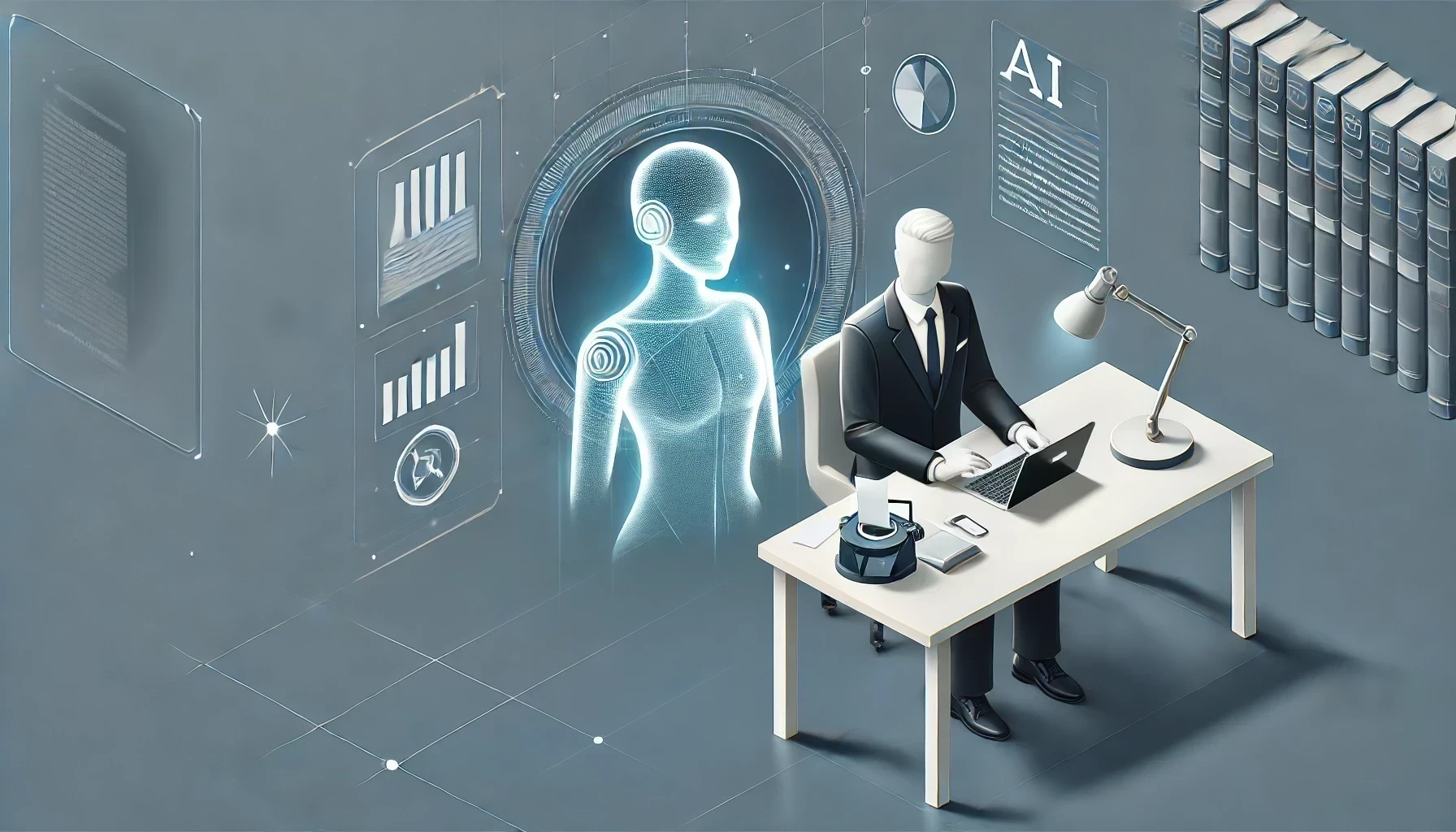In the grand theatre of technological advancement, artificial intelligence (AI) has emerged as both a protagonist and a disruptor, dramatically reshaping industries from healthcare to finance. The legal profession, a bastion of tradition and precision, is not immune to this digital metamorphosis. As AI integrates into the legal field, it holds the promise of transforming not only the practice of law but also the very architecture of legal systems.
AI’s Impact on the Legal Profession: Efficiency Meets Ethics
The integration of AI into legal practice is akin to unleashing a digital assistant with extraordinary capabilities. AI tools have revolutionised routine tasks such as document review and legal research, significantly enhancing productivity and allowing lawyers to focus on more complex legal matters. A recent report highlights that legal professionals are increasingly leveraging AI to streamline operations, with a projection that 55% of firms will adopt AI for legal research by the end of 2024.
However, this technological boon is not without its challenges. As Harvard Law School’s David Wilkins explains, the rise of generative AI brings ethical considerations to the forefront. Legal professionals must navigate concerns regarding data privacy, bias in AI algorithms, and the need for new skills to effectively integrate these technologies into their practice. This dual-edge of opportunity and responsibility underscores the evolving landscape for legal practitioners.
AI’s Broader Implications on the Legal System: Bridging Efficiency and Justice
The courtroom, a symbol of human judgment and fairness, is undergoing its own digital transformation. AI’s role in judicial processes is expanding, offering tools that assist in case management and decision-making. As noted by IAALS, AI has the potential to enhance case analysis and streamline court proceedings, although it also raises questions about the impartiality and transparency of AI-driven decisions.
Regulatory frameworks are rapidly evolving to address these challenges, with new legislation aimed at mitigating algorithmic discrimination and ensuring ethical AI deployment within the legal system. The American Bar Association’s recent initiatives highlight the importance of maintaining ethical standards and compliance amidst these technological advancements. As AI continues to permeate the legal realm, maintaining a balance between innovation and ethical integrity remains paramount.
AI in Drafting Legislation: A New Era of Legislative Precision
The legislative process, traditionally characterised by meticulous drafting and rigorous debate, is also poised for transformation through AI. AI-assisted drafting tools promise to enhance the accuracy and efficiency of creating legislation, potentially reducing errors and improving clarity. The National Conference of State Legislatures envisions a future where AI tools play a vital role in monitoring and implementing new regulations across sectors.
Moreover, AI’s capacity for real-time data analysis and predictive analytics could revolutionise how policymakers evaluate the impact of proposed laws. This forward-looking approach not only aims to enhance legislative quality but also to ensure that laws remain adaptive to societal needs. As AI continues to evolve, its role in legislative processes may become a cornerstone of modern governance.
Embracing AI’s Potential in the Legal Landscape
The integration of AI into the legal profession and the broader legal system heralds a transformative era of efficiency, accuracy, and ethical challenges. Legal professionals must adapt to this new landscape, embracing AI’s potential while steadfastly upholding ethical standards. As noted in previous FineSkyAi articles, ongoing dialogue among stakeholders is crucial to navigating the complexities of AI in law. By harnessing AI’s capabilities responsibly, the legal field can not only enhance its own practices but also contribute to a more just and equitable society.


